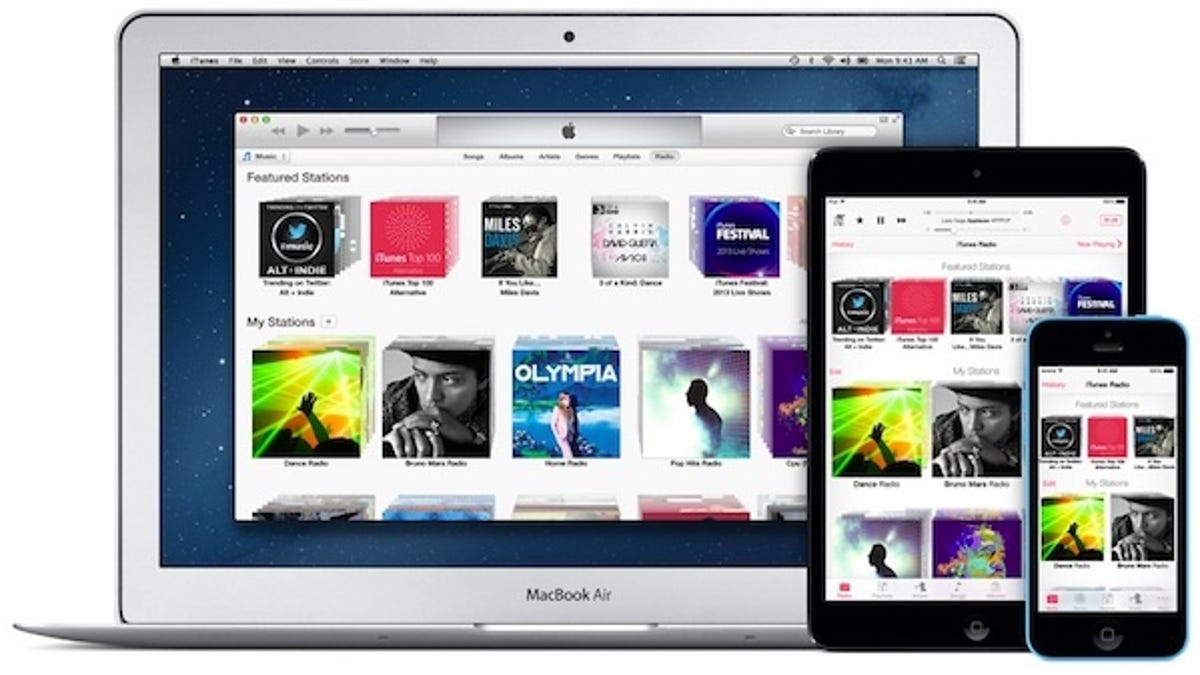Canonical founder: Apple's 64-bit chip to unify Mac, iPhone
Apple's 64-bit A7 is ultimately aimed at the desktop, Canonical's Mark Shuttleworth opines.

Here's food for thought: Canonical founder Mark Shuttleworth believes that Apple intends to merge the Mac and iPhone.
"Apple was sending what we think is a very clear signal that it will converge the iPhone and the MacBook Air," Shuttleworth said in an interview with UK-based PC Pro, published Friday.
The creator of the Ubuntu operating system expanded on what he believes Apple was thinking when it announced the 64-bit A7 processor:
People are saying yes, mobile processors are catching up with the desktop. When Apple announced the iPhone 5s, it called the processor "desktop-class," and I don't think that was an accident -- it was sending what we think is a very clear signal that it will converge the iPhone and the MacBook Air.
There's no point talking about the desktop performance of your CPU unless you plan to make a desktop device with that CPU.
The above was said in the context of Ubuntu's current push to merge the desktop, tablet, and phone operating systems into one codebase.
Shuttleworth expects the converged Ubuntu OS to arrive next year, before Microsoft is able to "converge Windows on mobile and PC."
Apple's iOS runs on its A series chips, a flavor of the ARM processor design, while OS X runs on Intel x86 chips.
Though there are some commonalities between iOS and OS X, the operating systems remain very separate, both cosmetically and functionally.
Apple has not announced any plans to merge the two.

